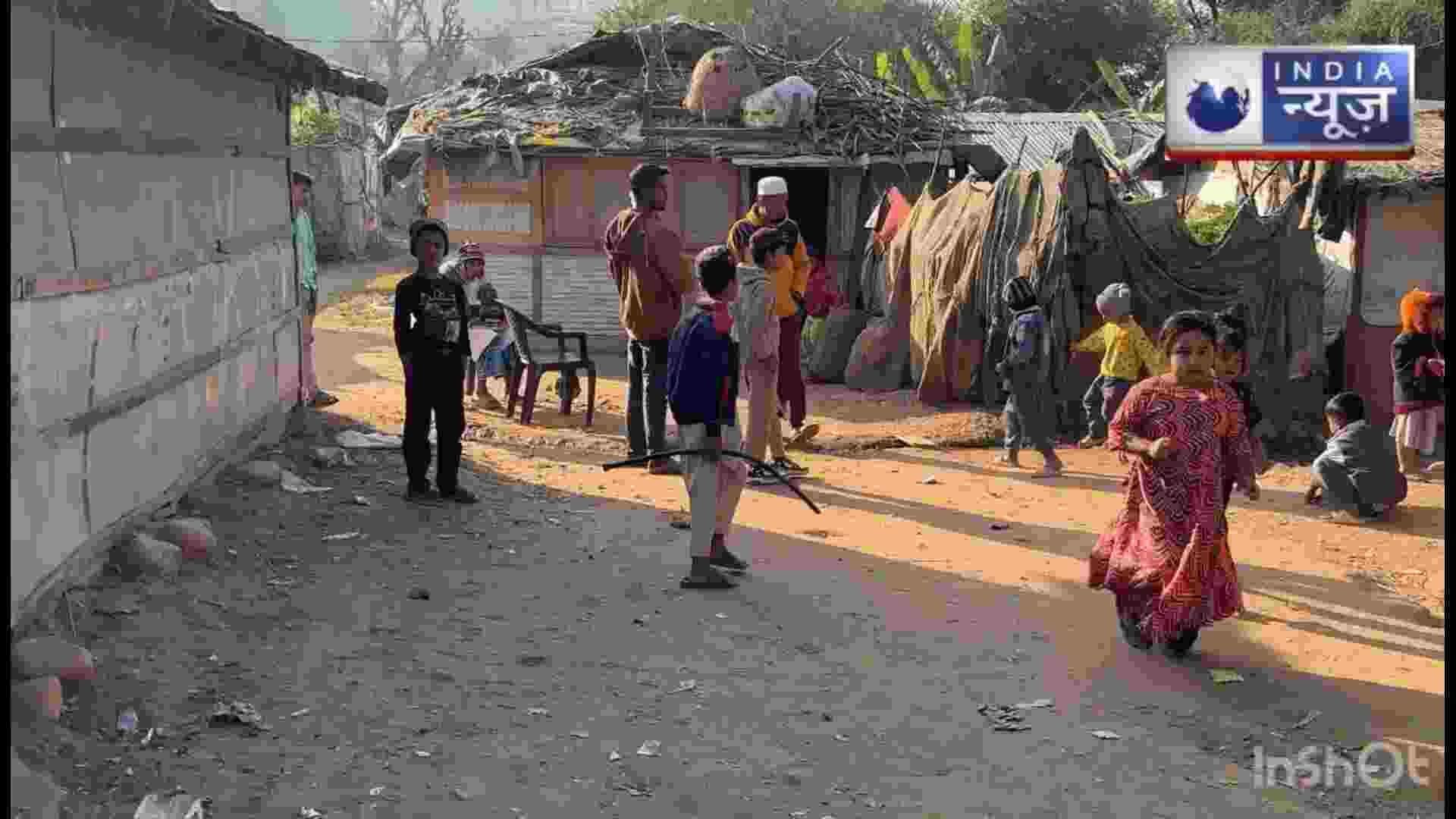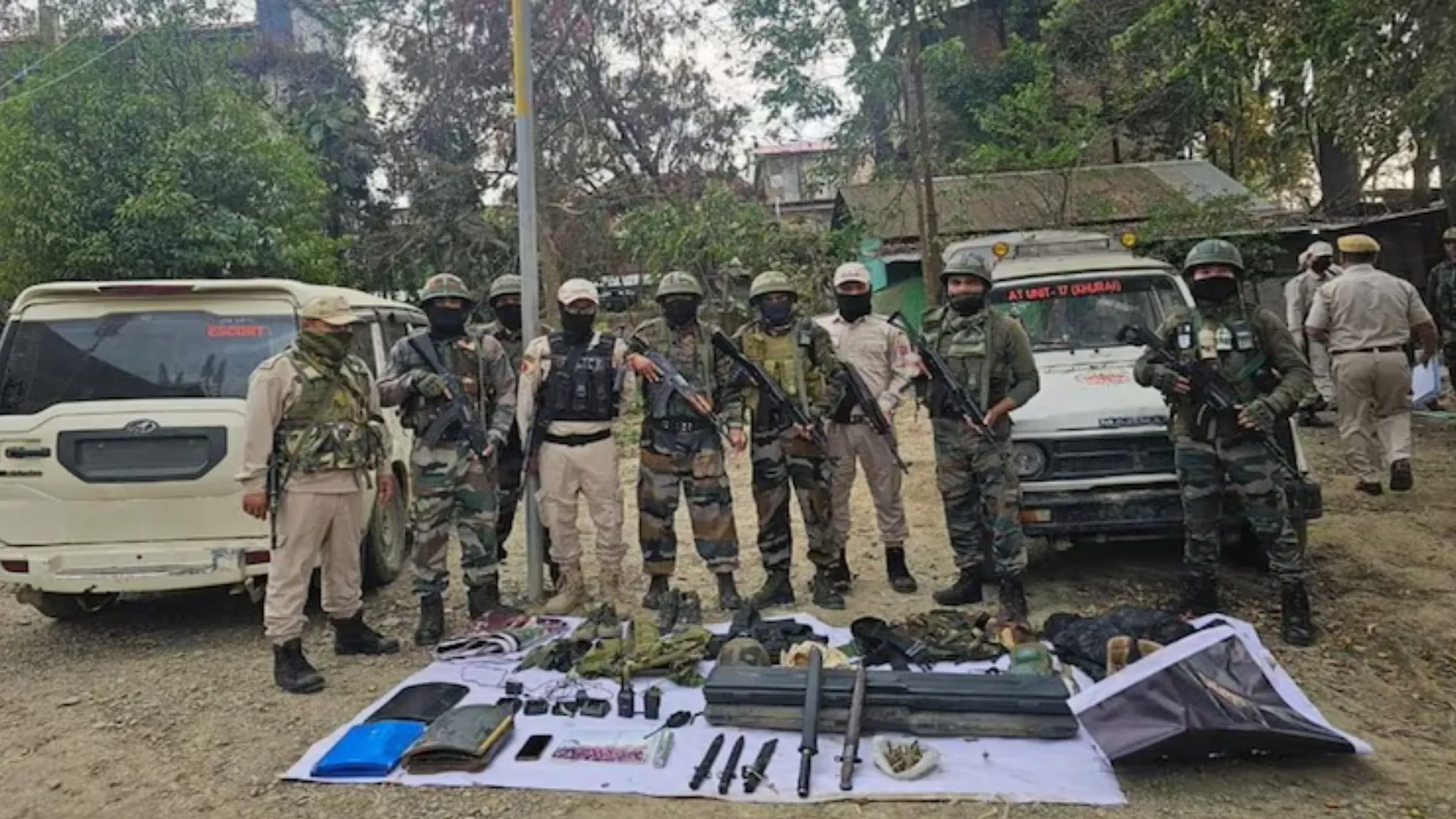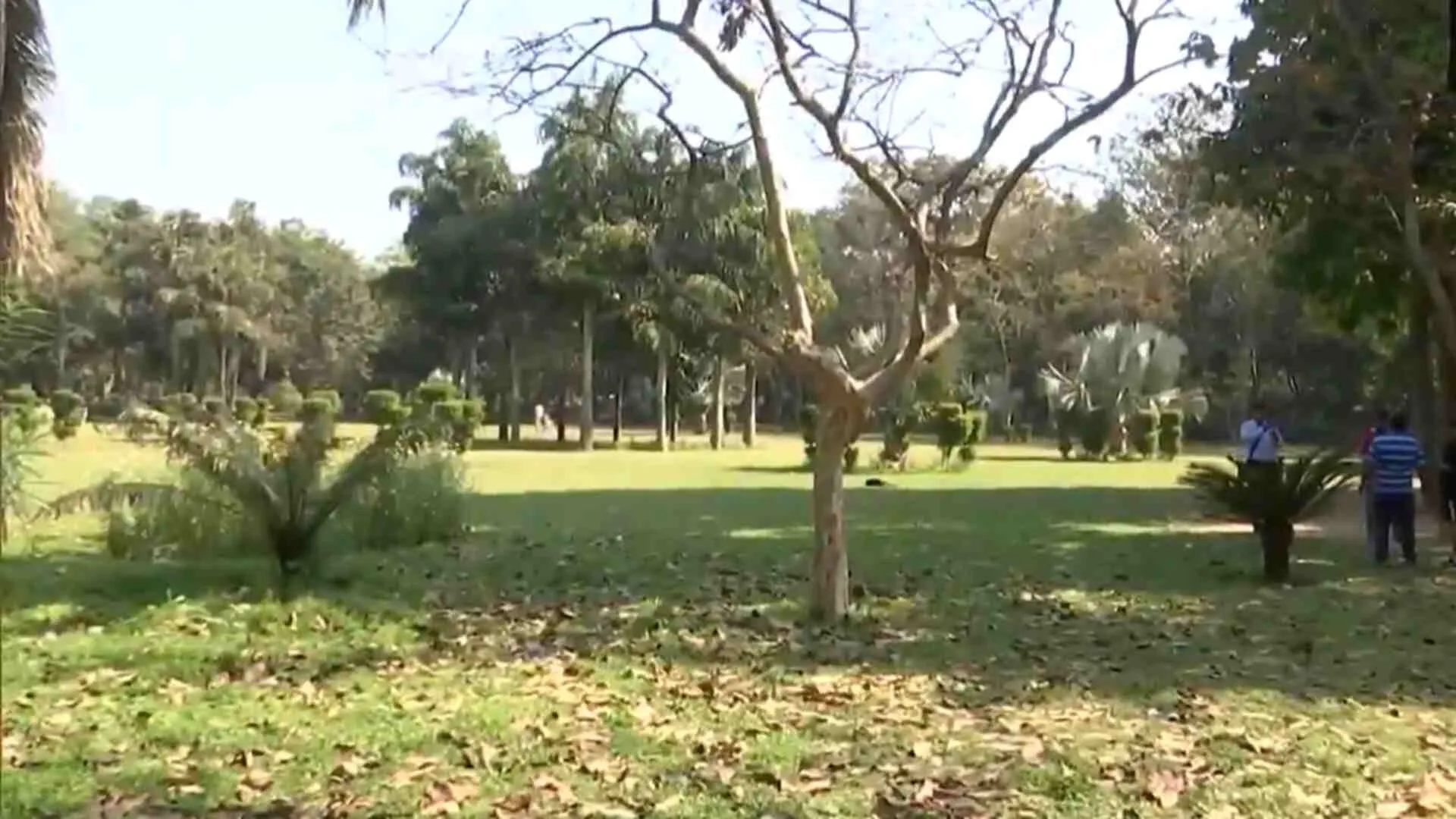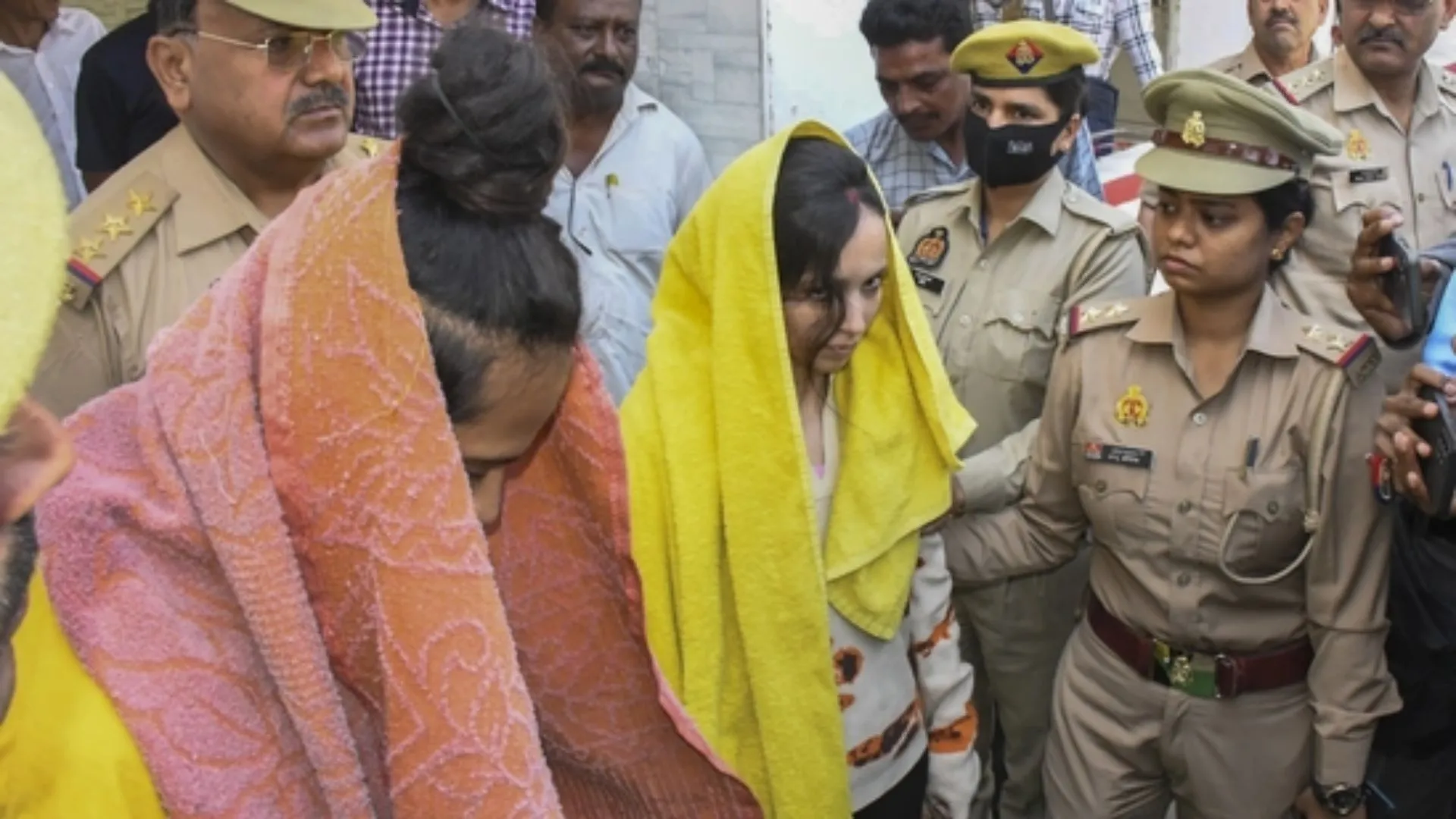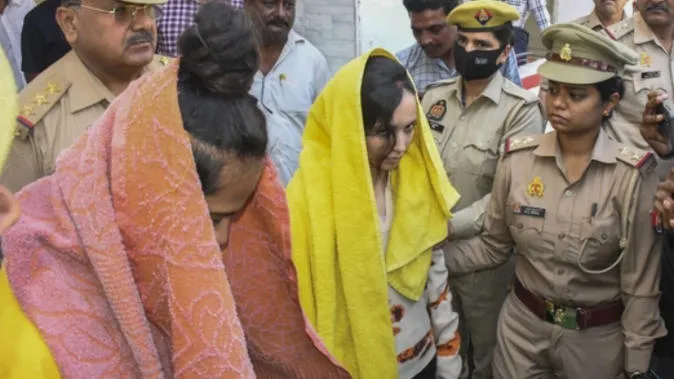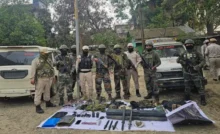In a significant move against the illegal settlement of Rohingyas in Jammu, authorities have initiated strict measures, including the disconnection of power and water supplies to plots and houses occupied by these immigrants. The step aims to compel their departure from the region and deter further influx while cracking down on networks facilitating their movement.
Police investigations have revealed that some Non-Governmental Organizations (NGOs) have deliberately assisted the movement of Rohingyas from other parts of India to Jammu, allegedly with the intention of altering the region’s demographic composition. “The migration of Rohingyas from Myanmar through states like West Bengal and Assam to Jammu appears to be a deliberate effort. These NGOs are not only aiding their settlement but seem to be motivated by a larger agenda to change the region’s demographic landscape,” sources told us .
Officials disclosed that several Kashmir-based NGOs have been identified for facilitating this migration, which serves dual purposes: providing unauthorized rehabilitation to illegal immigrants and influencing the demographic character of the area. The presence of Rohingyas has also been labeled a “potential security threat,” especially in light of recent surges in terror activities. Authorities warned that younger members of the Rohingya community could be vulnerable to recruitment by Over Ground Workers (OGWs) and other anti-national elements.
In a bid to clamp down on illegal immigrants, authorities have begun severing electricity and water connections to rented and semi-constructed properties housing Rohingyas. “This action aims to ensure they leave the region while sending a strong message to deter others from migrating here. Property owners who have rented out their spaces without proper verification are also being booked,” officials said.
Police have intensified their crackdown on such settlements, registering multiple First Information Reports (FIRs) against individuals who failed to comply with mandatory tenant verification procedures. According to official estimates, around 6,500 Rohingyas currently reside in Jammu district, with their settlements concentrated in areas like Narwal, Bhatindi, Railway Station, Qasim Nagar, and Channi Rama. Additionally, 550 are in Samba, and 200 are at the Hiranagar Holding Centre in Kathua district. Some sources suggest the combined population of Rohingyas and Bangladeshi nationals in Jammu could be as high as 13,700, with their numbers reportedly rising between 2008 and 2014.
Although most Rohingyas are concentrated in Jammu City and Samba, small groups have managed to reach districts such as Doda, Kishtwar, Ramban, Rajouri, and Poonch. Officials noted that many of them had previously exploited loopholes to secure bank accounts, utility connections, and identity documents like Aadhaar and ration cards. “Negligence in tenancy verification allowed them to establish makeshift shelters on rented plots. Now, anyone facilitating illegal immigrants by renting out property is being held accountable,” an official added.


